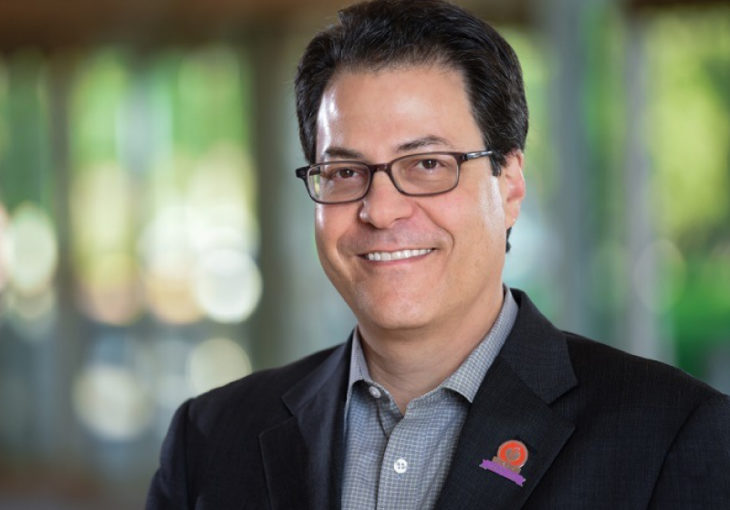When the American Heart Association was founded in 1924, among the first challenges the new organization faced was a different infectious illness than the one society faces today: streptococcal disease. Children suffering from rheumatic fever occupied almost a quarter of pediatric beds. While doctors and nurses cared for them, the Heart Association worked to educate and advocate for patients with the illness. These efforts brought the incidence of rheumatic fever in the US to nearly zero, even before penicillin. This surely ranks among the AHA’s greatest contributions to public health.
Now, as the COVID-19 pandemic continues into its second year, AHA president Mitchell Elkind, MD, MS, says that, “to outsmart this insidious virus, we must engage all our resources, break down barriers, and work together across disciplines.” Dr. Elkind is a tenured Professor of Neurology and Epidemiology at Columbia University, and Chief of the Division of Neurology Clinical Outcomes Research and Population Sciences in the Neurology Department.
Dr. Elkind shared anecdotes from his own career illustrating the benefits of scientific cooperation while speaking during the opening session of 46th International Stroke Conference (ISC) which features three days of more than 1,300 presentations on the latest in cerebrovascular science and treatment. He reinforced that shared information within scientific communities is the key to breakthrough, “we’re again seeing that the greatest innovations and discoveries occur in the intersection between fields, especially when we can bring together people with different backgrounds and different areas of expertise.”
“The connections—or bridges—between the heart and the brain, between cardiology and neurology, indeed between so many different areas of clinical-and-basic research, practice, and public advocacy have never been more important. Consider, for example, the relationship between virology and cardiovascular science: SARS-CoV-2, the coronavirus that causes COVID-19, infects platelets, provokes myocarditis, and triggers microvascular thrombosis, often leading to strokes,” Elkind said.
Elkind also reinforced the point that just as systems within the human body interact in previously mysterious or misunderstood ways, public health isn’t only about treating physical symptoms of illness. “The pandemic has also offered a harsh reminder that improving health requires addressing social conditions. While these disparities and inequities existed long before the pandemic, the crisis made it painfully clear that the health of the least fortunate has implications for all of society. Issues that previously seemed unrelated to health care and medical science are now recognized as crucial bridges to our success: quality education, workplace health and safety, affordable and safe housing, air quality, and more,” Elkind said. He continued that the AHA has been committed to working to address social determinants of health because, “your zip code shouldn’t determine how long or how well you live.”
Dr. Elkind concluded by inviting all attendees to take part in creating a better future by bridging the chasm between what is known and what we can do with the information at hand. “Although grounded in science, the Association engages with society in multiple dimensions. It’s critical that we and our partners around the globe strive to build bridges by listening to those historically excluded from the conversation, strengthening the links among communities, fostering cooperation and collaboration among those seeking progress, standing up against ignorance and bigotry, and working to create a more just and healthy society.”
